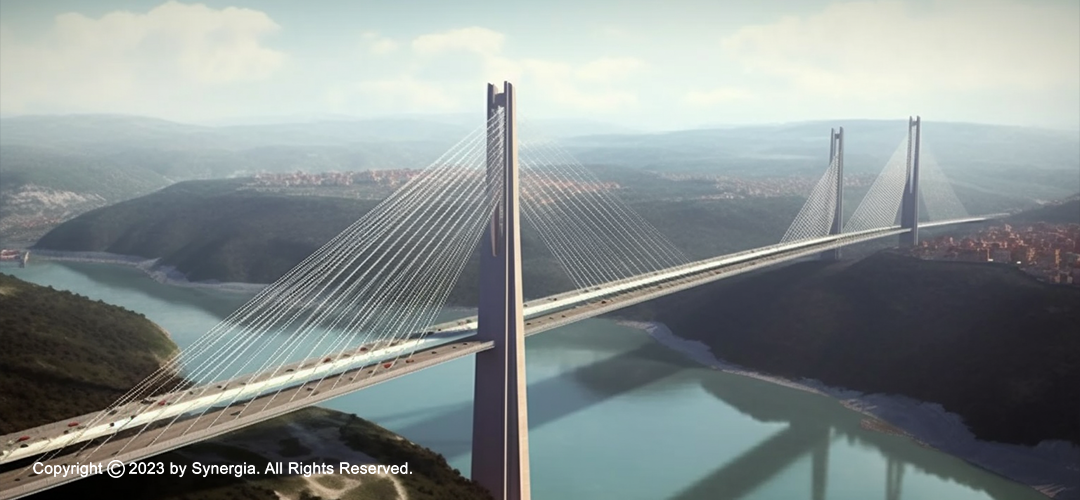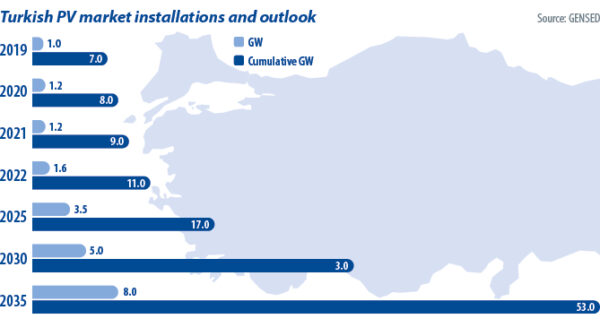Why Are Türkiye Elections So Important?
May 20, 2023 | Expert Insights

Türkiye is not only a land bridge between Europe and Asia, but geopolitically also, it has performed the same role for centuries.
Hence, global attention is riveted on the closely fought presidential and parliamentary elections, which have tantalisingly gone into a May 28th run-off between the two leading presidential candidates-incumbent President Erdogan and his rival Kemal Kilicdaroglu, leading an opposition alliance.
Background
President Erdogan has adroitly played off the U.S, (a traditional ally now in a sulk) against Russia (blowing hot and cold).
Russia has historically been a player in Turkish geopolitical calculus since the heydays of the Ottoman Empire. The Dardanelles give sea access to Russia from the Black Sea to the Mediterranean and the Atlantic through Gibraltar and the Indian Ocean via the Suez Canal.
Erdogan has made a concerted effort to develop and maintain ties with Russia. In 2015, the two nations faced a diplomatic standoff when Türkiye shot down a Russian fighter jet over Syria. Erdogan formally apologised, putting an end to the conflict and leading to stronger ties. A month later, Russia extended support to Erdogan after a failed coup attempt in Türkiye. The relationship between Russia and Türkiye has withstood many factors, such as the two nations supporting opposing sides in conflicts in Syria and Libya.
As a NATO member with the largest military contingent (after the U.S.) Türkiye has for long been patronised by the U.S. But this has developed serious fissures under Erdogan, whose cultivation of closer ties with Russia has contributed to a fragmented relationship with the U.S. reaching a nadir in 2017 when Türkiye went ahead and sealed a deal for Russian S-400 missile systems. U.S. retaliated by imposing sanctions under Countering America’s Adversaries Through Sanctions Act (CAATSA).
Clearly, Turkish hobnobbing with Russia has not pleased the West, including the EU. To make matters worse, as a NATO member, Ankara has been putting spokes in the expansion of NATO by objecting to the inclusion of Sweden, allegedly for sheltering Kurdish militants.
EU nations continue to deny membership of their bloc to Ankara on the grounds of its failure to adhere to human rights and democratic standards such as the rule of law and freedom of the press.

Analysis
Since Russia invaded Ukraine, Türkiye has managed a diplomatic balancing act. By not complying with international sanctions against Russia, it has maintained a closer relationship with Russia and helped it circumvent sanctions. It has also maintained ties with Ukraine, supplying it with armed drones. It even brokered a deal that allowed Ukraine to export grain, which earned it brownie points with the beleaguered West.
Most significantly, Erdogan’s Türkiye has developed closer economic ties with Russia in this period and benefitted from Russia’s isolation in the global arena. Amid international sanctions, Türkiye has become an especially important trading partner for Russia and provided a market for Russian energy. Russians are increasingly investing in real estate in Türkiye, and Turkish companies are increasing their presence in the Russian market as other international companies maintain a distance from Russia.
Unsettled by Türkiye’s growing ties with Russia, the West will welcome a change in leadership since it would likely result in a more cooperative Türkiye. If the Kilicdaroglu-led opposition alliance comes to power, it will likely improve relations with Europe and the U.S. The opposition aims to return to more traditional Turkish foreign policy, where the nation was oriented towards the West.
It has also promised to adhere to principles of international human rights, the rule of law, and democracy as a way to gain more standing with the West and enable Türkiye to accede to the EU. The opposition is also likely to make an effort to resolve contentious issues such as Sweden’s accession to NATO and Türkiye's fragmented relationship with the U.S.
Türkiye is amid a cost-of-living crisis, and its economy is significantly dependent on Russia. Its trade with Russia exceeded $62 billion in 2022 (TASS, April 27, 2023). Türkiye's dependence on Russia for energy, tourism, capital, and trade means it cannot afford to set Russia aside. While the opposition has accused Russia of interfering in the election, it continues to emphasise that it favours cooperation and maintains economic ties.
Assessment
- From the foregoing, it is evident that all sides of the geopolitical divide keenly await the outcome of the electoral battle being waged in Türkiye. The West would like the new regime (if voted to power, which appears unlikely) would reset the balance in its favour. Conversely, Russia has made serious progress with the dispensation under Erdogan and would like him to continue as the President and retain the status quo vis-a-vis Moscow.
- Whatever the final outcome to be decided on the 28th of this month, the Turkish people can only hope that the new dispensation will improve their lot, suffering as they are under spiralling cost of living and falling value of their currency. The massive reconstruction after the once-in-a-century earthquake stares millions of affected Turkish people in their faces.
- For the new government, it will be a path strewn with rocks as it tries to navigate its relations with Russia and the West, both of which can improve or further deteriorate its economic wellness.








Comments